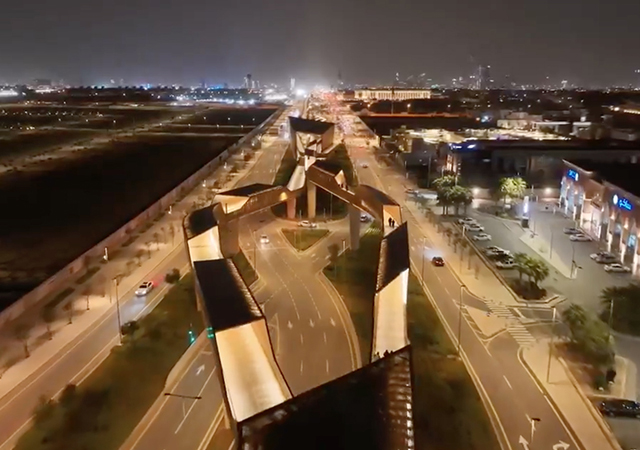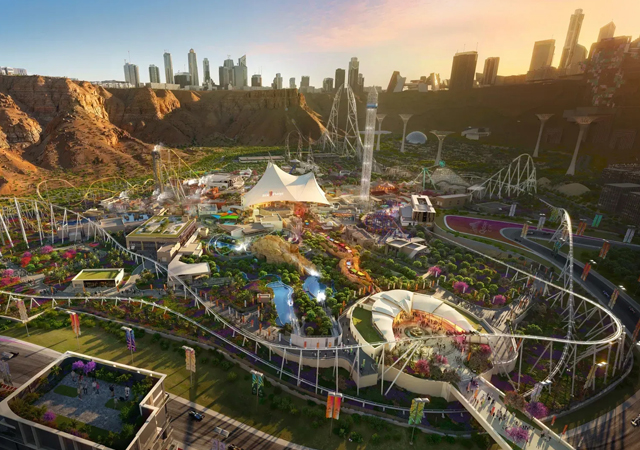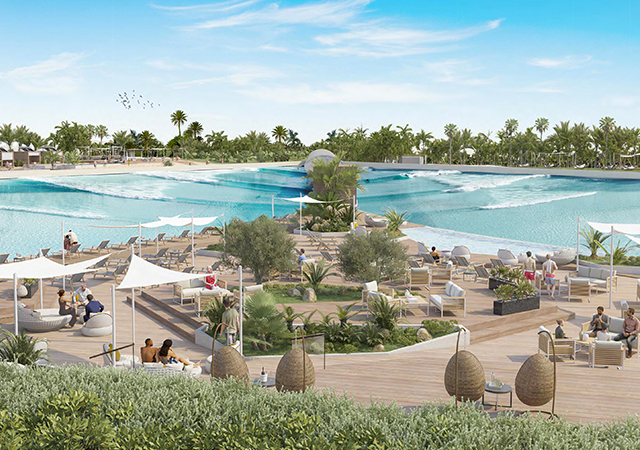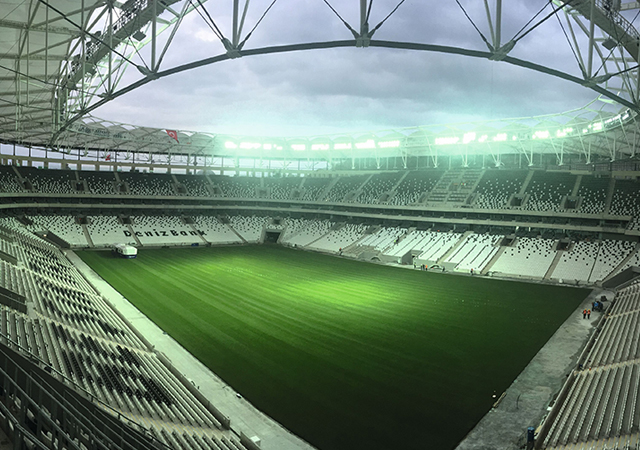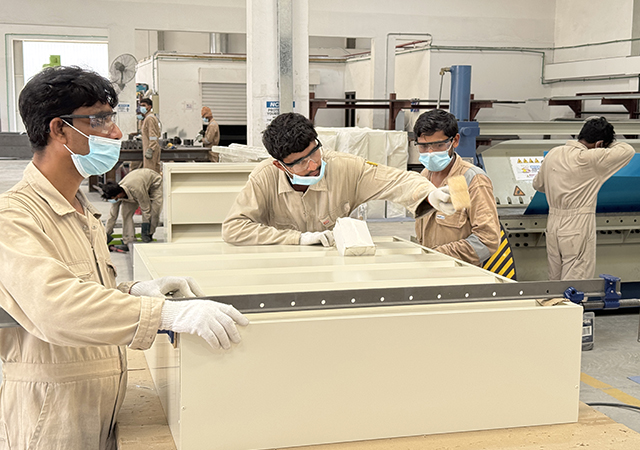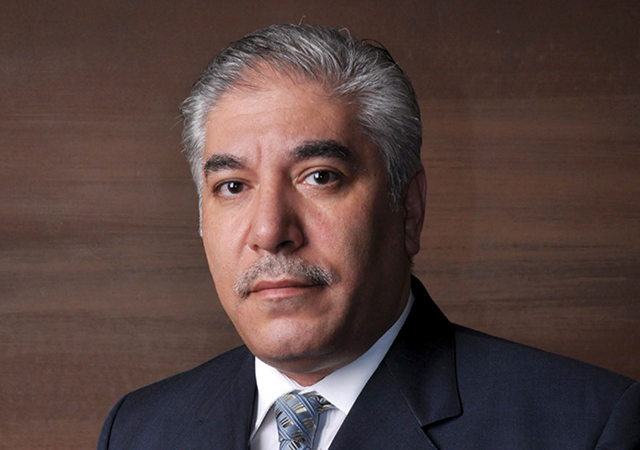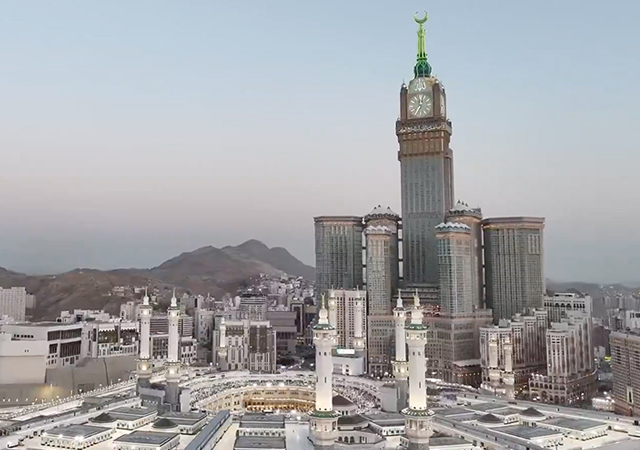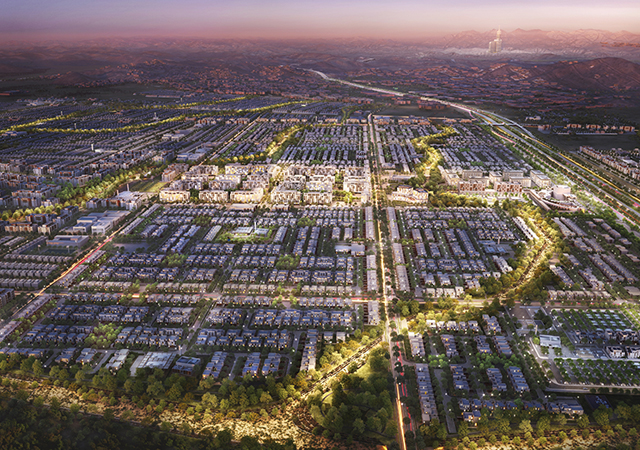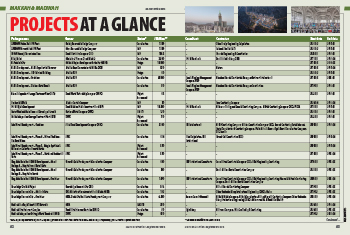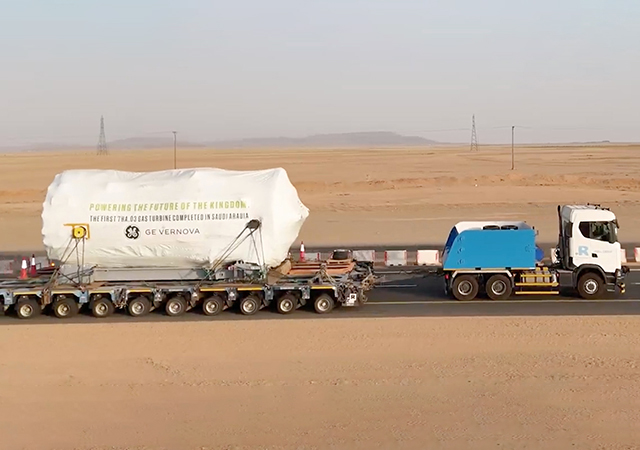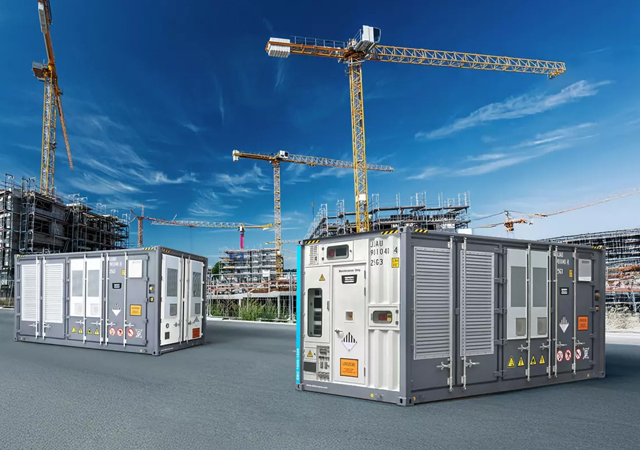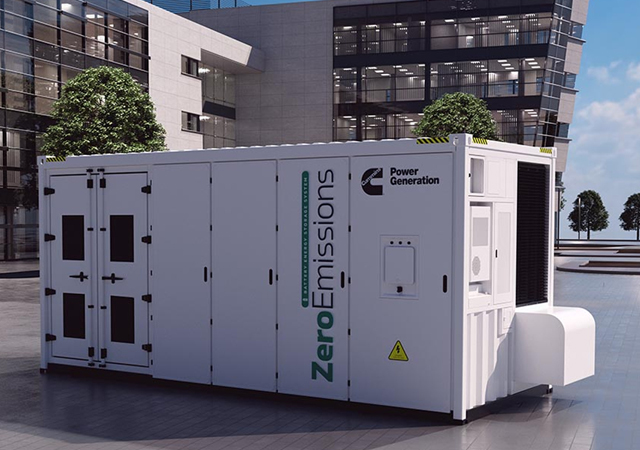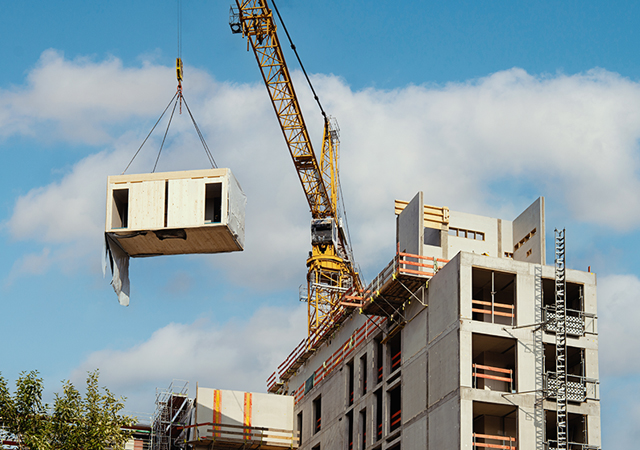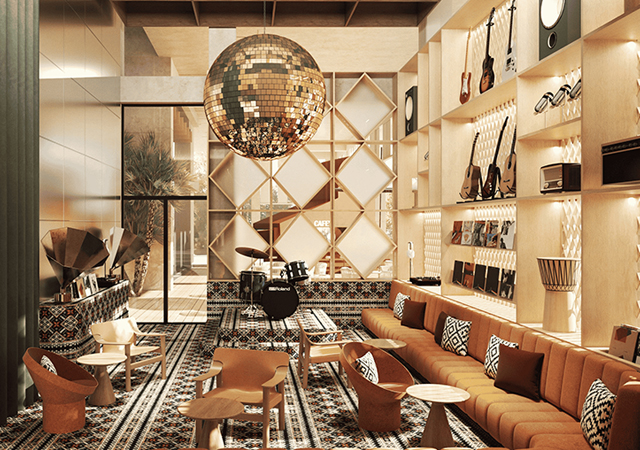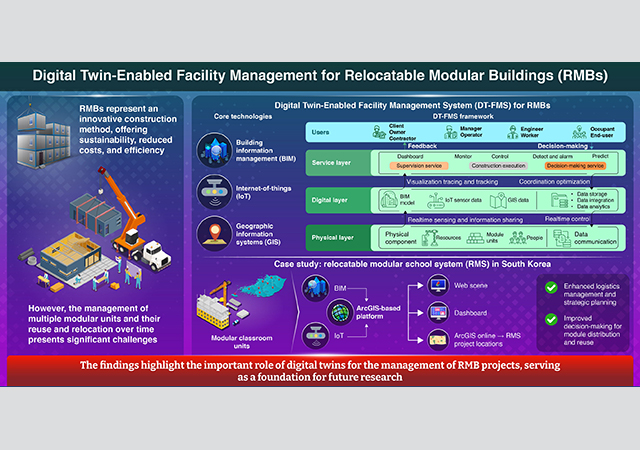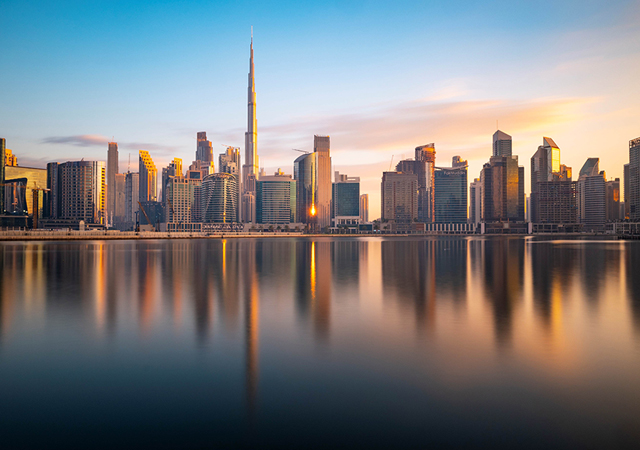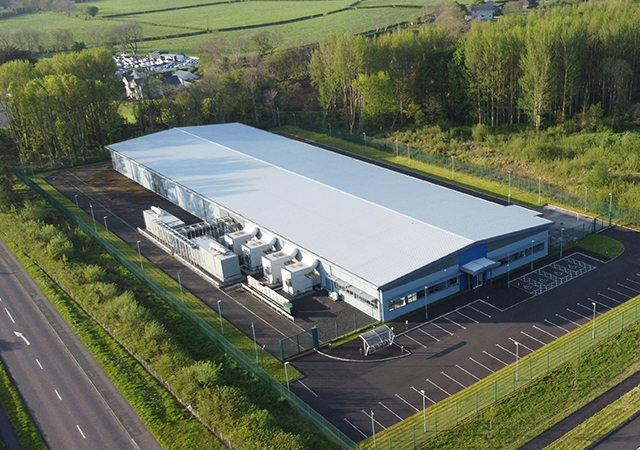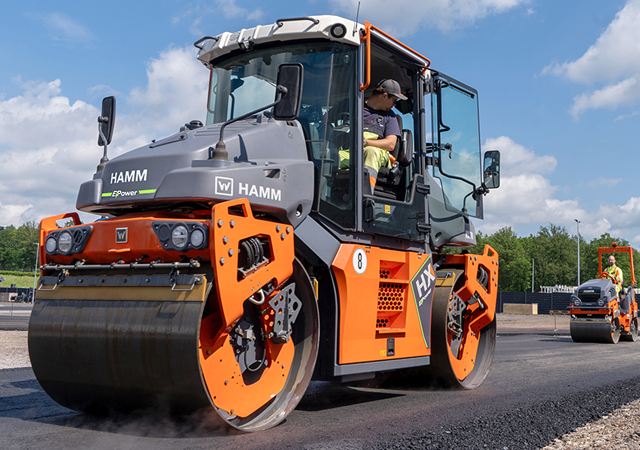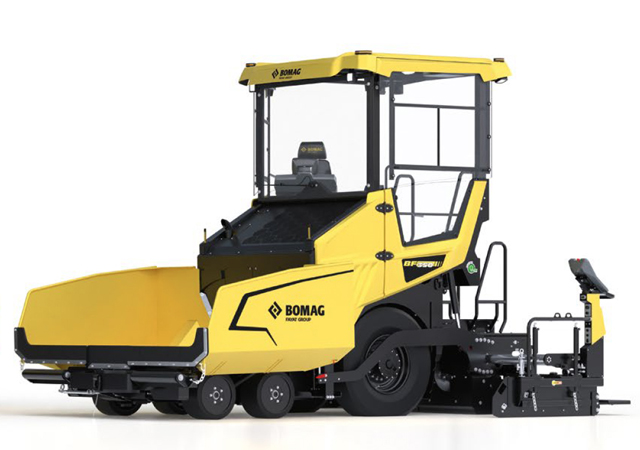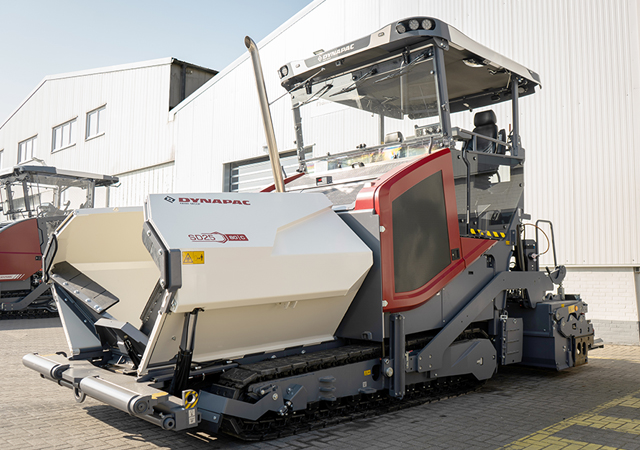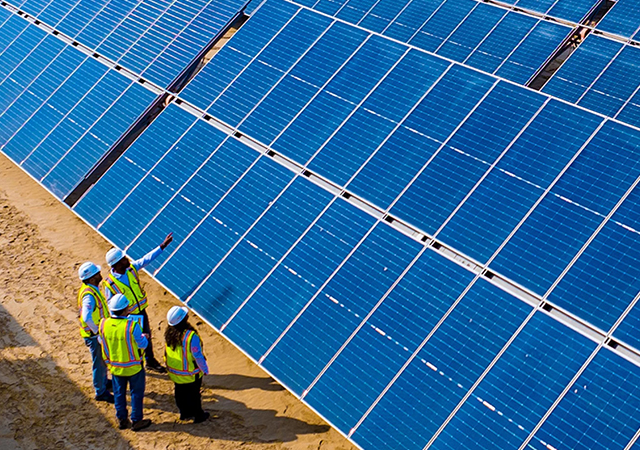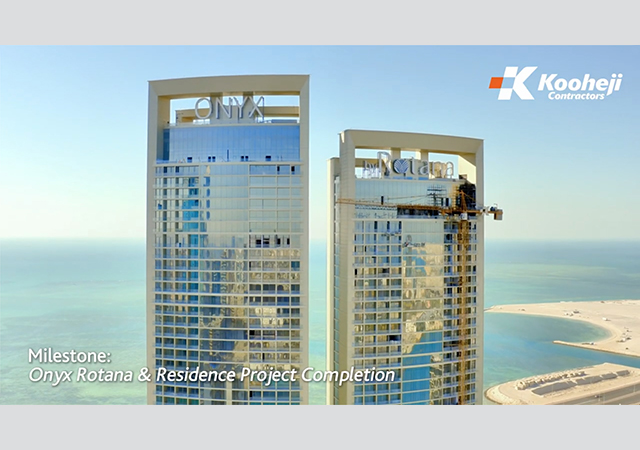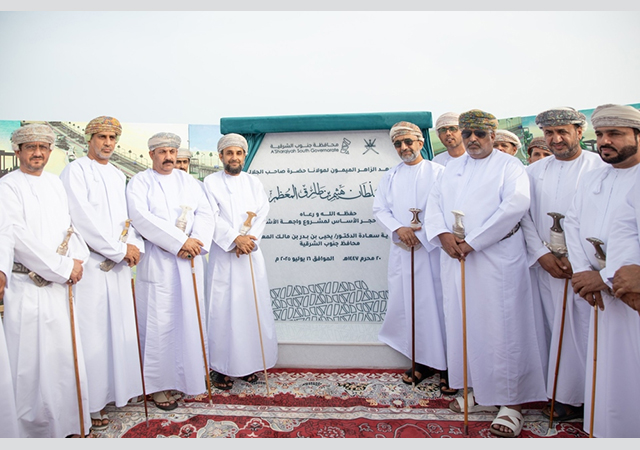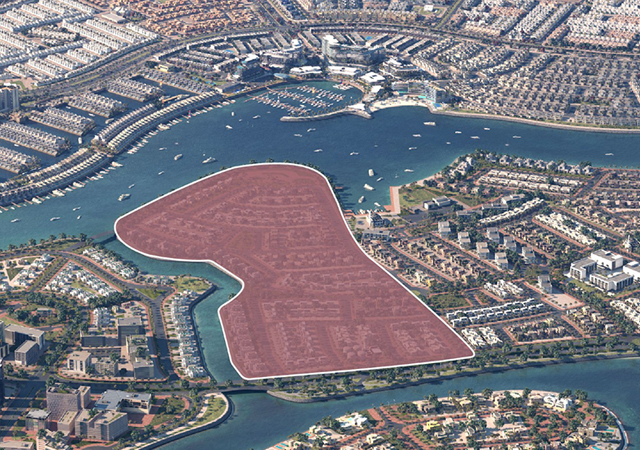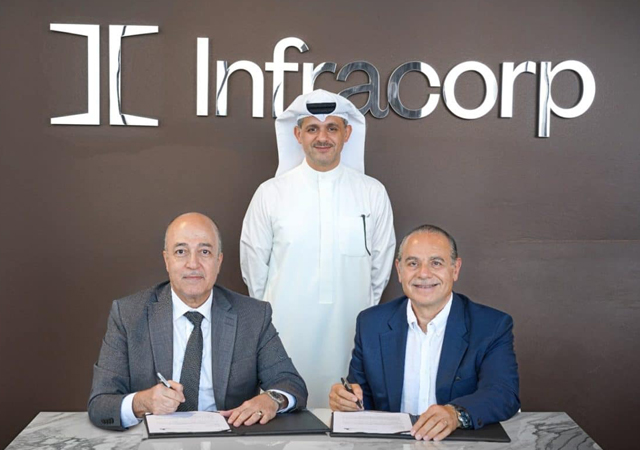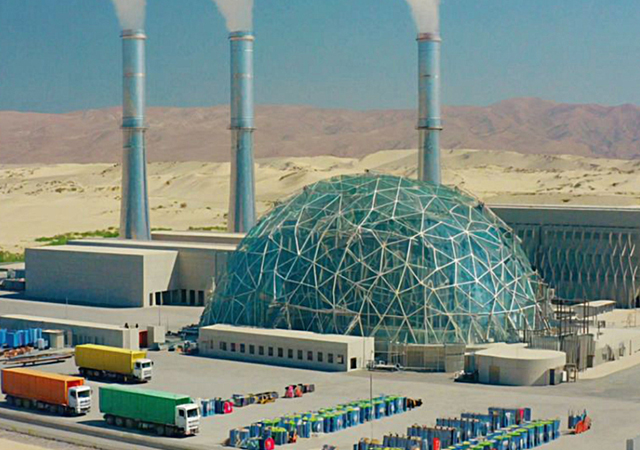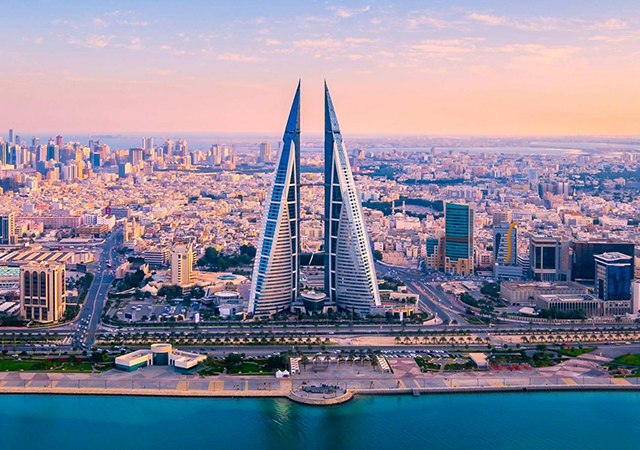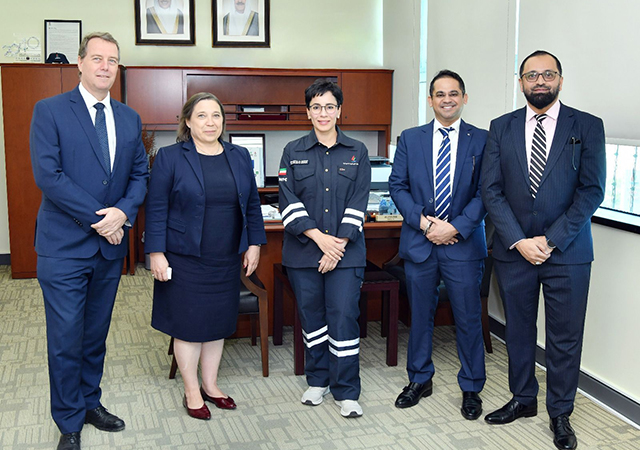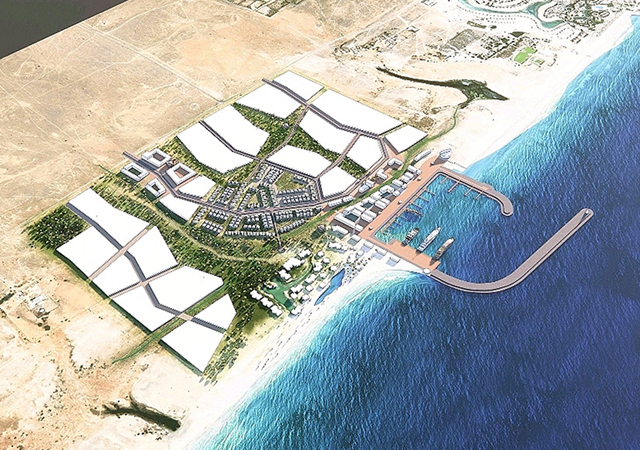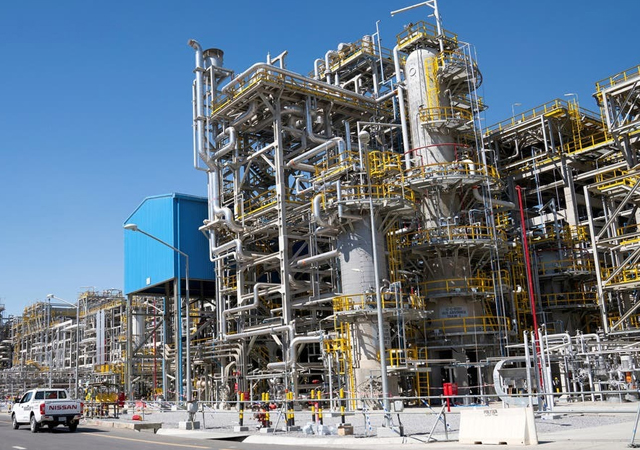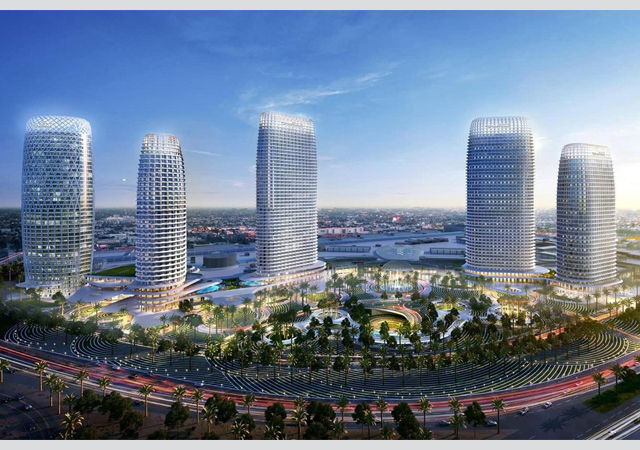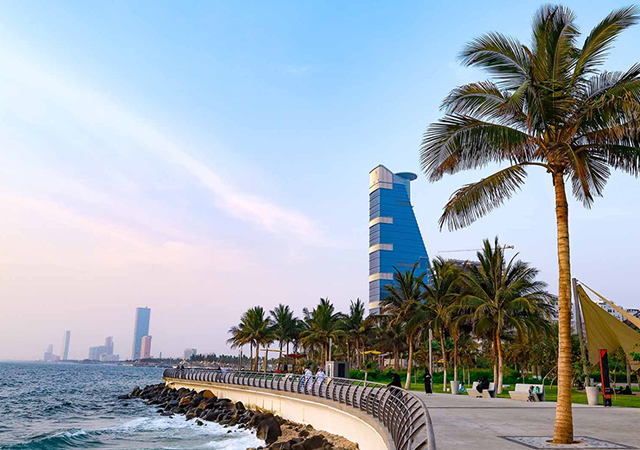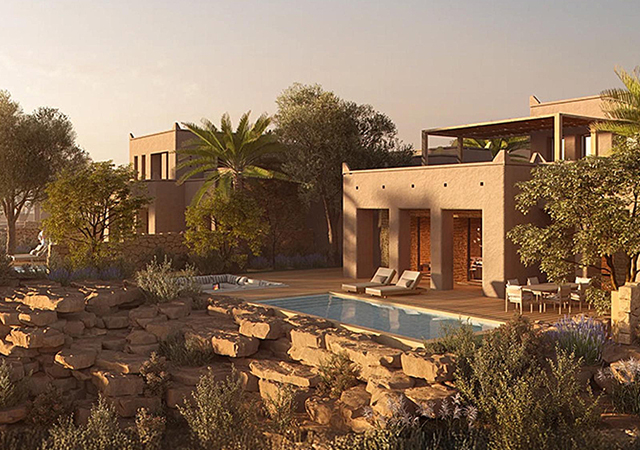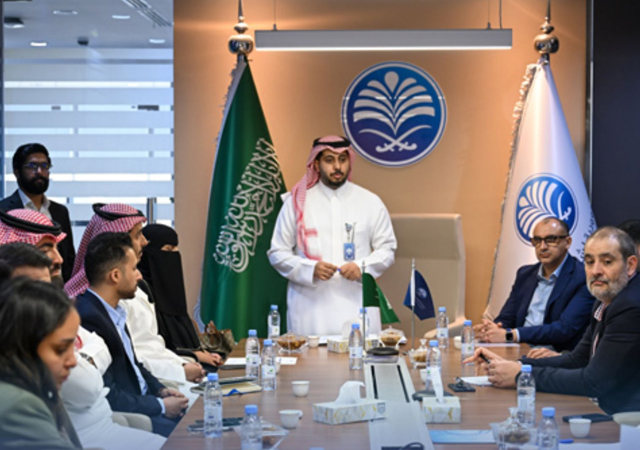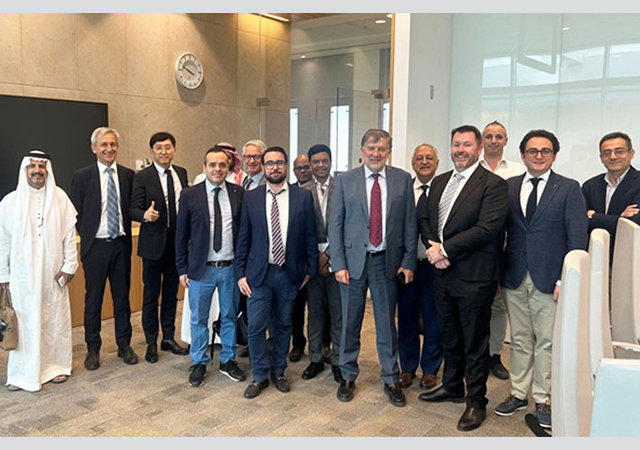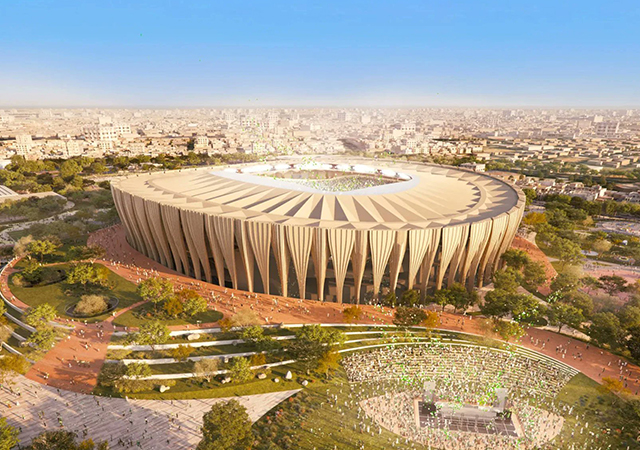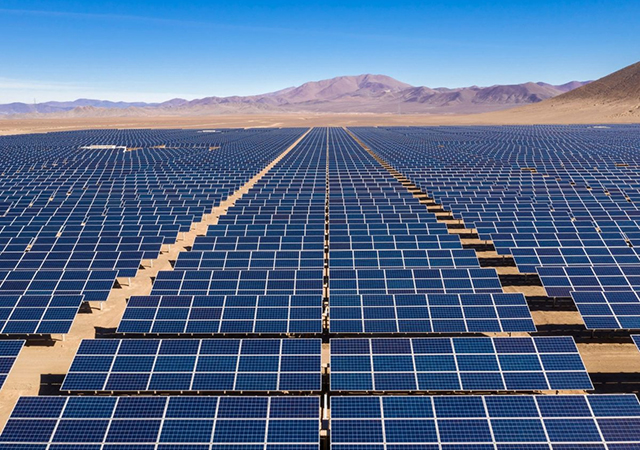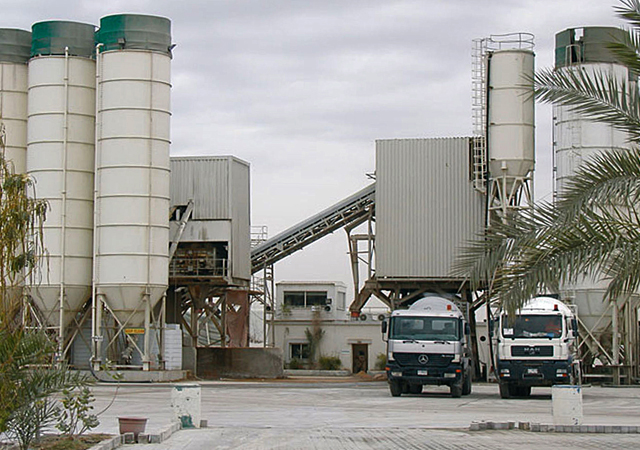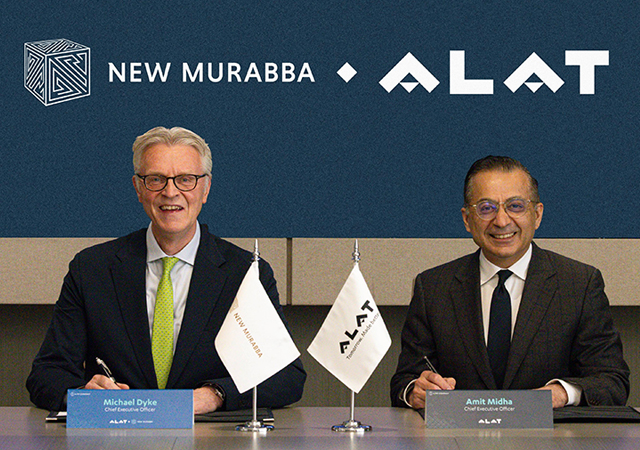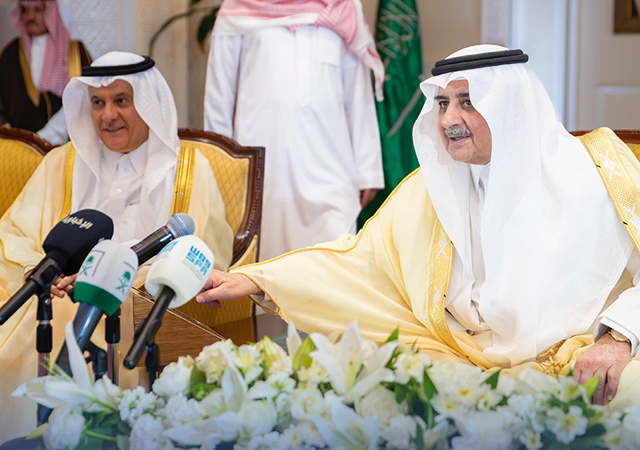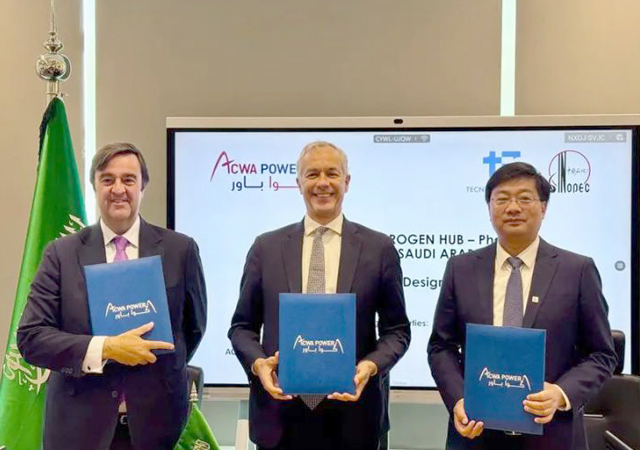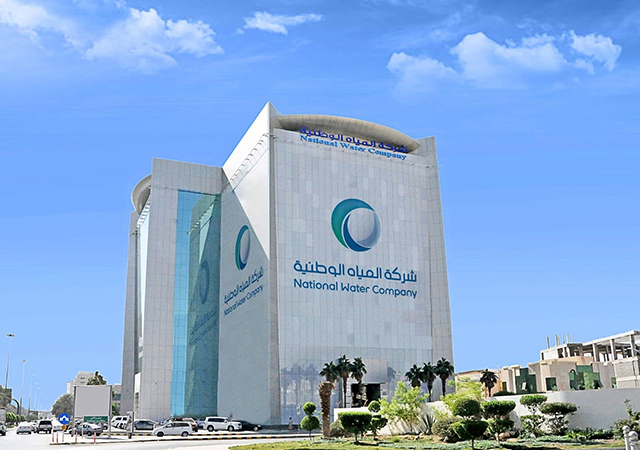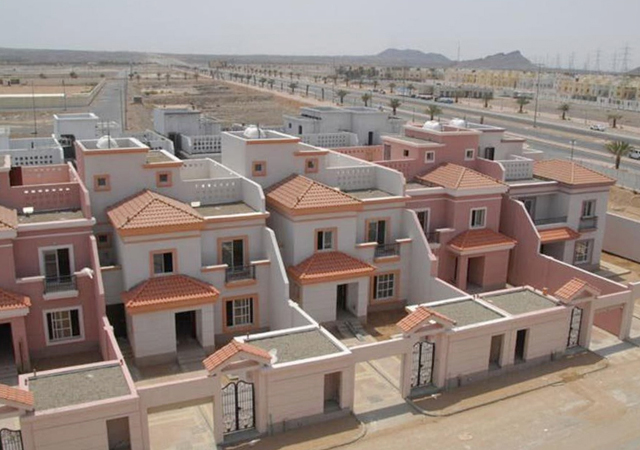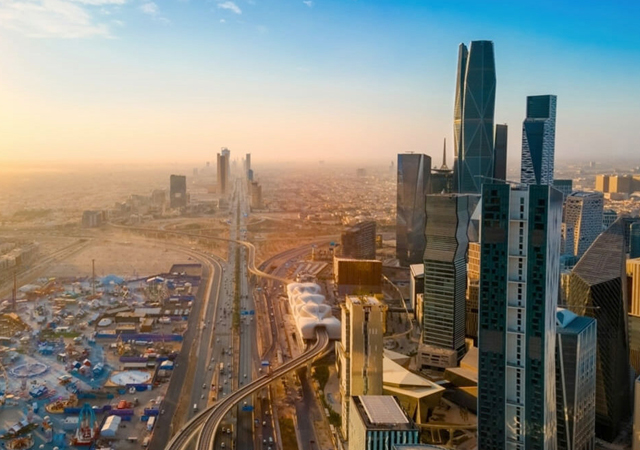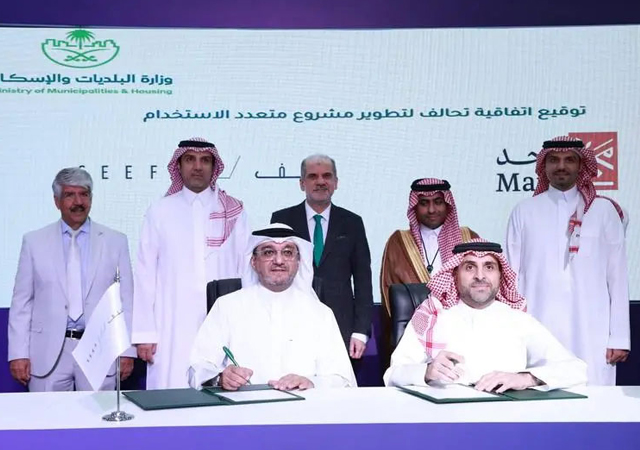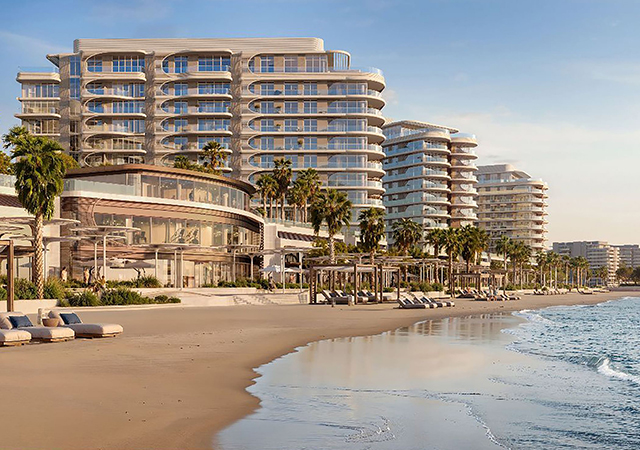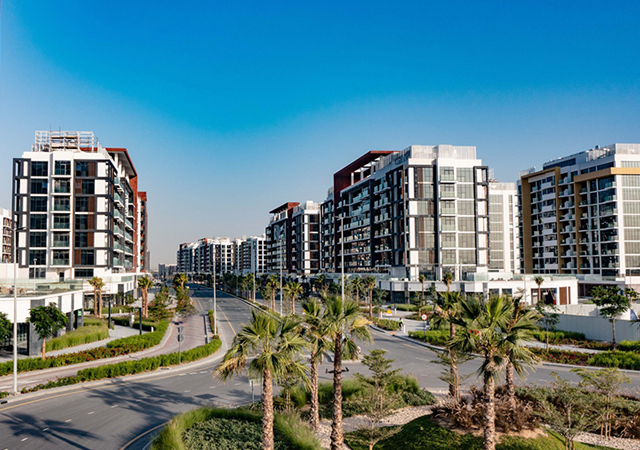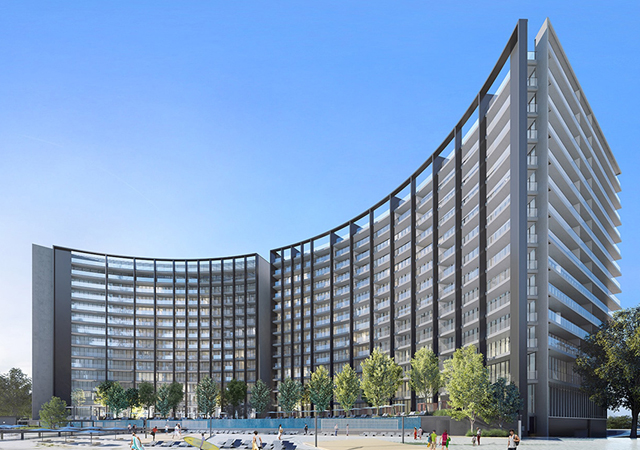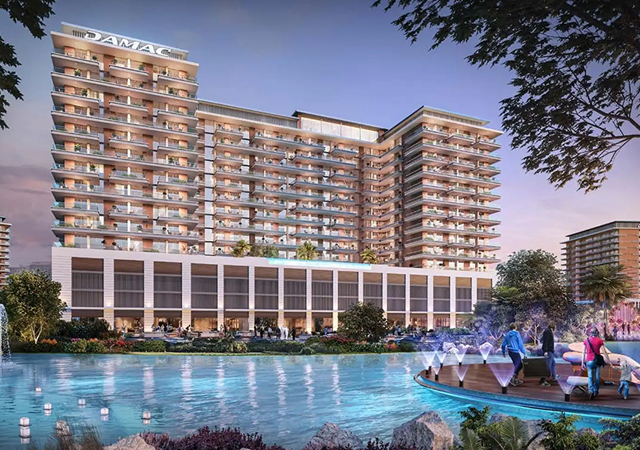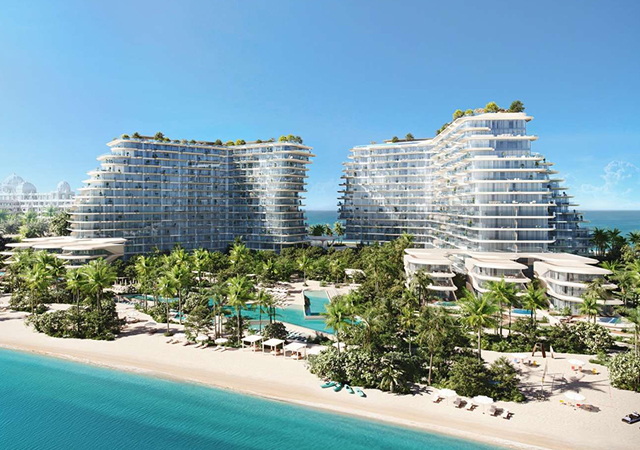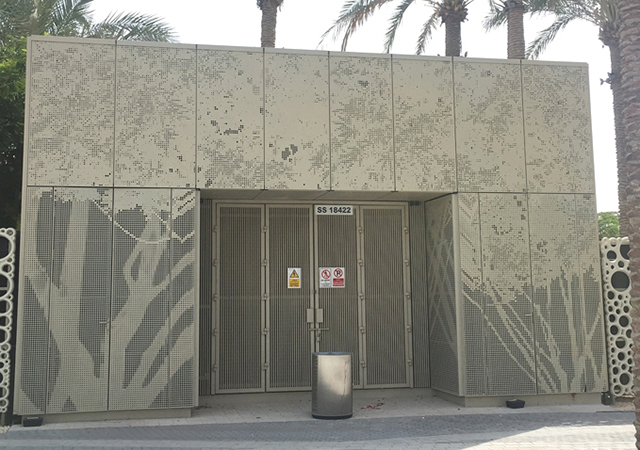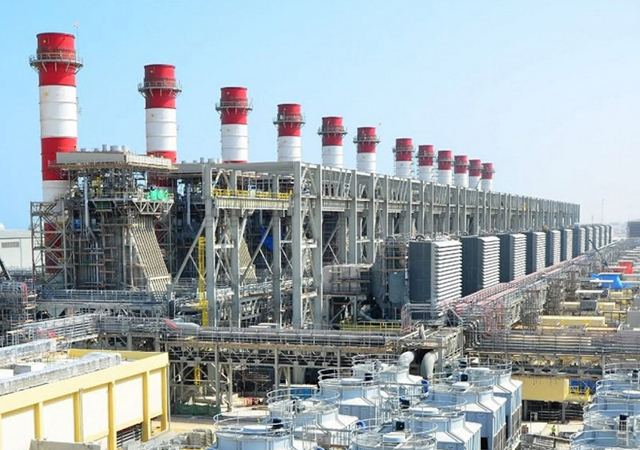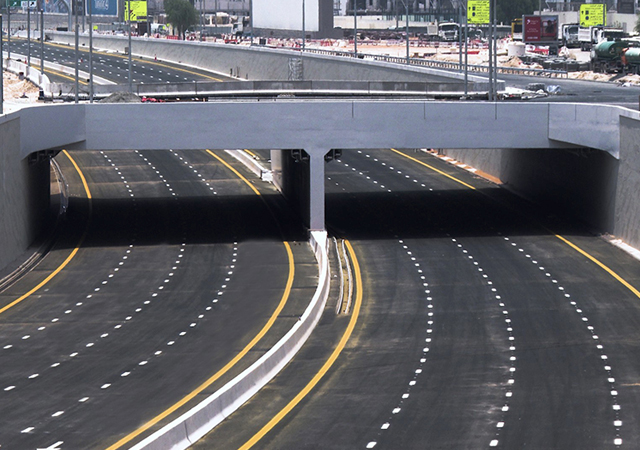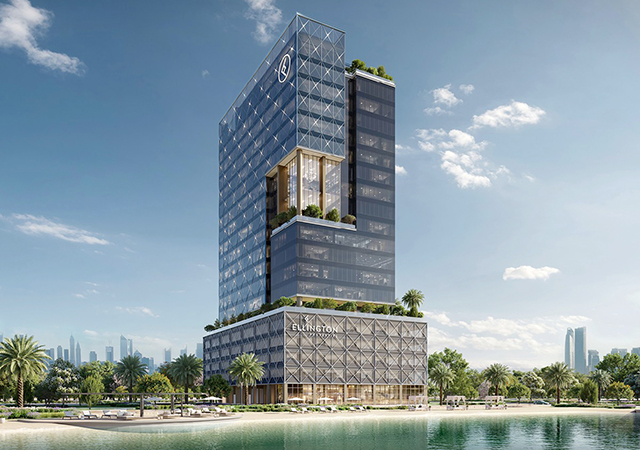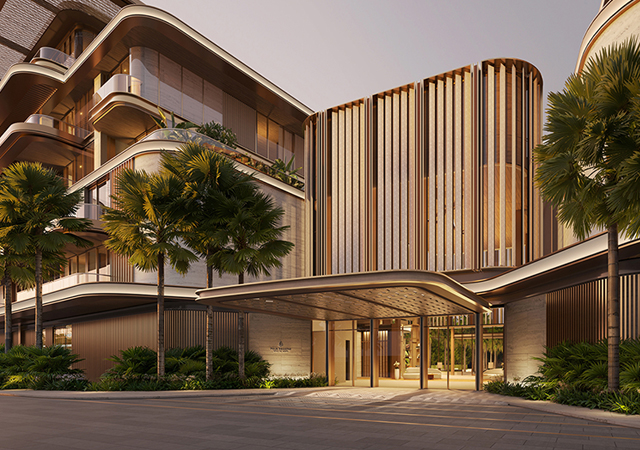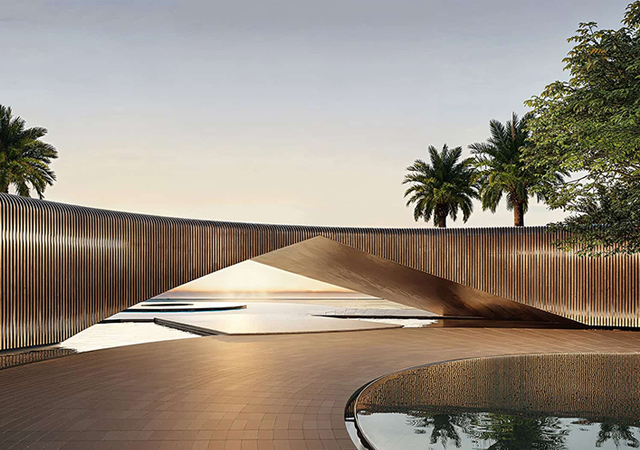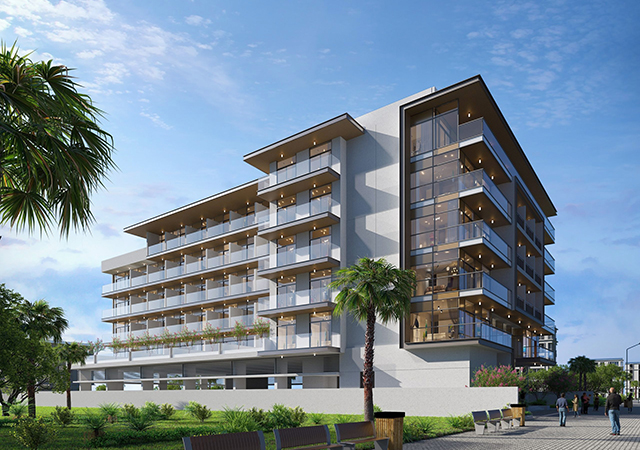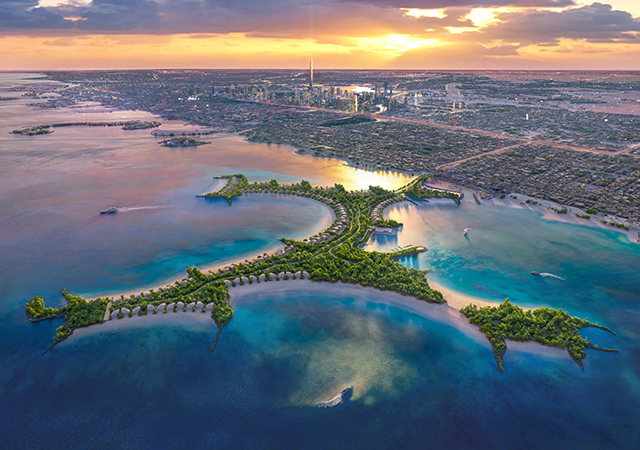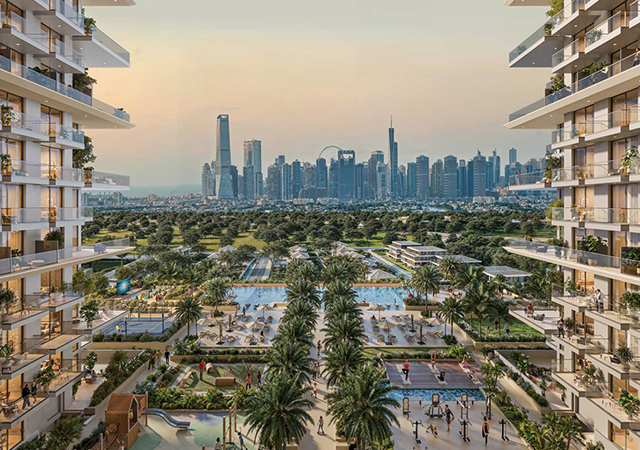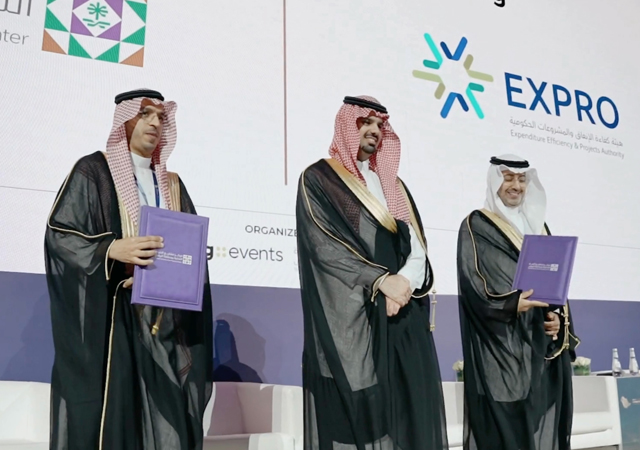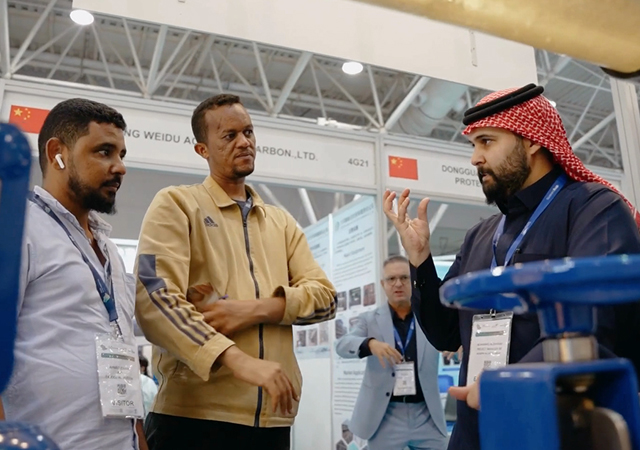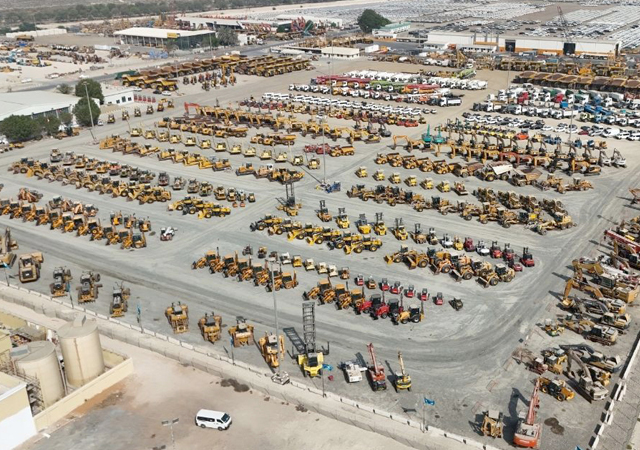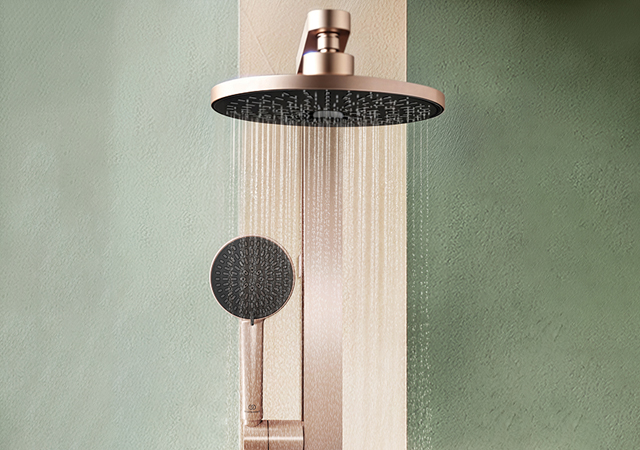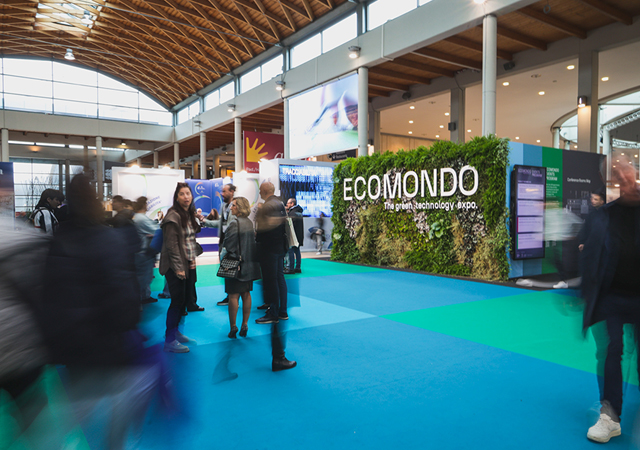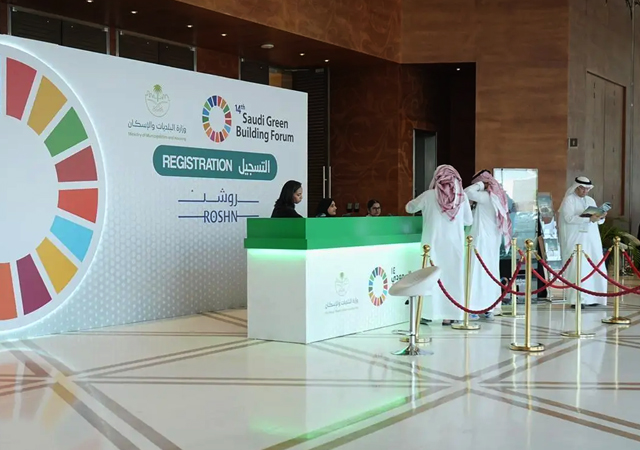
 ‘Most modern multi-purpose<br>facility of this size in the world’
‘Most modern multi-purpose<br>facility of this size in the world’
A NEW high-technology and fully-automated precast factory is set to come online shortly, becoming the first of its kind in the region to produce double walls and high-thickness hollowcore slabs using the latest technologies available.
Alabniah Precast Concrete Buildings Factory, which is now in the commissioning stage, is expected to launch commercial production in Dammam, Saudi Arabia, in the third quarter of this year.
Al Khobar-headquartered Alabniah, established in October 2005, is setting up the facility, which will be among the largest precast buildings factories in the region with a 23,000 sq m covered production facility in the Second Industrial Area of Dammam. Alabniah is a branch of Adraj Holding Company.
Built over a total area of 112,100 sq m, the factory will offer a wide range of precast products of superior quality as well as intelligent precast concrete solutions, providing the gamut of services, right from design and development to transport and installation.
The facility can produce a range of new products such as double walls – also known as permanent shuttering – as well as hollowcore slabs, solid walls, sandwich elements, façades and structural elements, and semi-precast floor slabs.
“Alabniah Precast Concrete Buildings Factory is unique in that it is the only factory of its kind in the region to combine high technology, a large capacity as well as a diversity of products, all under one banner,” comments Ahmad El-Lakkis, executive vice-president.
“Alabniah was established with the aim of providing high-quality precast concrete products at competitive prices. We take pride in our technology. Our production systems comprise state-of-the-art fully-automated machines including computerised mould plotters, shuttering robots, extruders, fully-automatic mesh welding machines, computerised concrete distributors and curing chambers, among a host of other systems.”
The factory uses the pallet circulation technology rather than the stationary pallet system, which is generally used by other precast plants in the region, El-Lakkis says.
Highlighting the advantages of this system, he says: “The pallet circulation system optimises the production process, ensuring we have better control on delivery schedules while reducing the manpower requirements and hence resulting in better quality control on account of the automation.”
The plant also features integrated curing facilities, which provides the ability to control the curing time – whether faster or slower – depending on the requirements of the specific products.
Integrated within the manufacturing facility is a steel wire mesh welding plant. “Alabniah Precast Concrete Buildings Factory is the only precast facility in the area to feature such a facility, which ensures higher efficiency as it eliminates the reliance on external supplies of welded mesh. Our synchronised design and manufacturing process means that the mesh is designed at the same time as the elements into which it will be incorporated.”
The technology employed has been customised for Alabniah’s fully-automated production facility, where information is transferred directly from the internal technical department to the master-computer located in the main control room inside the production facilities. This master-computer then delivers the respective data according to the project specifications and the technical requirements to individual machines and equipment – for instance, the steel mesh plant, the batching plant, the shutters and the precast line – at the same time, which means all the components that make up a particular element are designed and produced simultaneously.
“This is a major advantage as it reduces waste, the cost of which would otherwise be transferred to the customer. Hence, customers can benefit not only from the better quality through automation but also the cost savings,” says El-Lakkis.
A team of some of the leading global experts in setting up and equipping precast factories was put together to ensure that the facility is on par with some of the best in the world. In fact, one of these companies Vollert|Weckenmann – a plant engineering firm – says the factory will be the “most modern multi-purpose facility of this size in the world”.
Prilhofer Consulting, a Germany-based designer and consultant for industrial production, designed the equipment layout and took charge of the coordination for the machines, building and infrastructure. Radicon-Gulf Consult was responsible for the design of the buildings and related infrastructure and construction supervision.
The construction of the factory has been undertaken on a fast-track basis under a contract awarded in February last year to Arnaout Contracting Establishment (Arcon). The scope of its contract included the construction of 30,000 sq m of buildings and 82,000 sq m of storage yards as well as roads and architectural, civil, mechanical and electrical works.
The project comprises a precast factory producing a variety of elements and pre-fabricated wire mesh, a batching plant, an office building and support facilities such as a water treatment (desalination) plant, generators and switchgear buildings. The facility also includes two single-storey reinforced concrete buildings with dining facilities for 50 and 160 people respectively and prayer areas; three single-storey guard houses; a concrete testing laboratory; a repair shed; and a large stockyard area.
The technical department is equipped with the state-of-the-art Tekla design software and CAD systems, which streamline the design and detailing aspects. In addition, ERP (Enterprise Resource Planning) and CRM (Customer Relationship Management) systems optimise the entire planning, production and delivery chain.
The company employs around 600 staff, and plans to serve projects throughout Saudi Arabia and beyond. Backed by a strong design team of dedicated, well-trained and well-experienced engineers and technicians, the company intends to work closely with its clients in order to understand their concepts, expectations and requirements and thereby identify the manufacturing method that suits them best, El-Lakkis says.
“Alabniah’s management team comprises highly-qualified personnel who have years of experience in the precast production field and, particularly, in the GCC region,” he points out.
In addition, the company is associated with leading international precast concrete associations as well precast concrete training academies and intends to conduct training programmes in Saudi Arabia and abroad to serve design offices, contractors, consultants, customers and even other precast manufacturers.
“Our focus is also on Saudiisation and these training programmes will go a long way in enhancing the skills of fresh graduates and further the company’s commitment to corporate responsibility,” El-Lakkis adds.
Speaking about the prospects for the company, he says: “Realistically speaking, we have a competitive edge in the market because of the latest technology we employ. This will ensure consistency in the quality of our products and their fast delivery, which in turn will benefit the main contractors and owners of projects. Hence, there will be a positive impact on the overall delivery of projects, no matter what size.”
At the macro level, El-Lakkis is optimistic about prospects for the construction industry in the kingdom. “Saudi Arabia has not really been affected by the financial crisis as can be seen from the projects under way and being launched,” he says. “The kingdom has been steadily developing its infrastructure over the past five years under a comprehensive strategy. Many new residential and commercial projects have been launched over this period, which are currently at various stages of construction.
“These include mega economic and financial cities such as the King Abdullah Economic City in Jeddah, King Abdullah Financial Centre in Riyadh, Prince Abdulaziz Bin Mousaeed Economic City in Hail, and Knowledge City in Madinah. In addition to these, there are new educational institutions, health services and social development and upgradation of existing infrastructure that are adding to the construction activity.”
With the current and anticipated level of construction activity in Saudi Arabia, the commissioning of a sophisticated precast concrete building systems factory is the need of the hour, El-Lakkis concludes.
Click here to view graph



